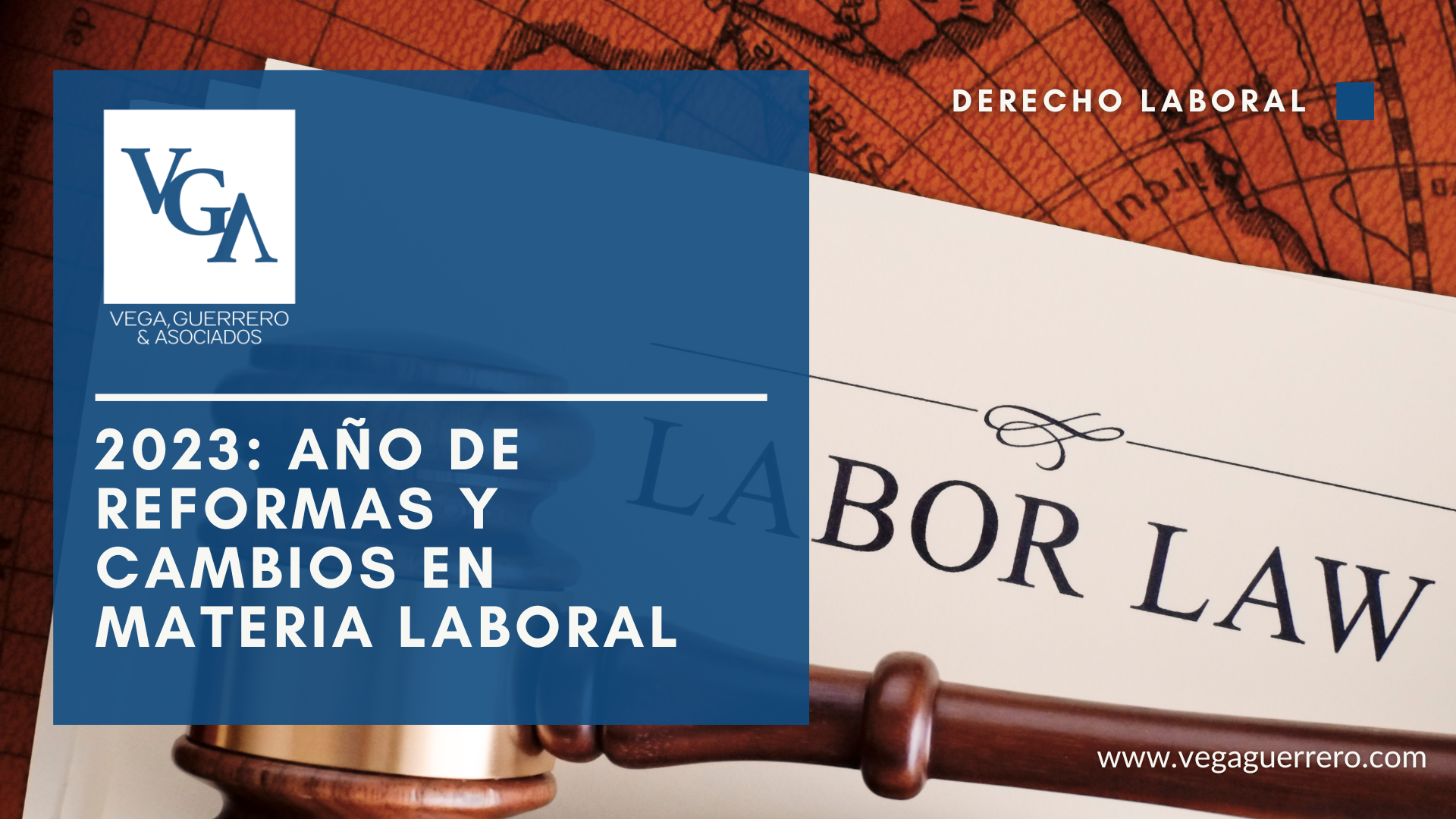This year has witnessed significant amendments and adjustments in Mexican labor legislation, reflecting a continuous transformation of working conditions in the country. The key milestones include:
- January 1, 2023: One of the primary changes that took effect on this date was the increase in vacation days for workers. The minimum vacation period was raised from 6 to 12 days after the first year of employment. This reform, approved in December 2022, aims to provide workers with more time for rest, seeking a proper balance between work and personal life.
- July 6, 2023: The entry into force of ILO Convention 190 marked a crucial step in protecting labor rights in Mexico. The convention aims to eradicate violence and harassment in the workplace by comprehensively addressing occupational violence, not limited to physical aspects but also encompassing psychological and verbal aspects. It seeks to prevent and address violence and harassment at work, applying to workers of all levels and types of employment. It provides guidelines for establishing policies and practices that foster a respectful and safe work environment. It is crucial for companies to integrate the provisions of C190 into their internal policies, ensuring the effective implementation of preventive and corrective measures.
- July 31, 2023: The legitimization of collective bargaining agreements (CCT) in Mexico concluded, representing an evolution in labor relations. The legitimization sought a substantial improvement in the working conditions of employees within companies, aiming to democratize union representation and ensure that CCTs accurately reflect the interests of workers. As of September, results show significant progress, with approximately 30% of the 139,000 registered CCTs being legitimized.
- December 5, 2023: The Official Mexican Standard (NOM) for Telework establishes safety and health measures for remote work, introducing new obligations for employers and workers. It emphasizes that the location where telework is performed must now comply with specific safety and health provisions, marking a shift in the dynamics of remote work. The application of this NOM will be mandatory only for workplaces in the country with employees whose remote working hours exceed 40% and perform their tasks through information technologies.
- January 1, 2024: The National Minimum Wage Commission (CONASAMI) determined that, as of this date, the minimum wage will increase by 20%, reaching $248.93 pesos daily in most of the country and $374.89 pesos in the Northern Border Free Zone, aiming to improve the economic conditions of workers.
Therefore, the Labor team at Vega, Guerrero & Associates is at your disposal for the implementation and compliance with the above.




